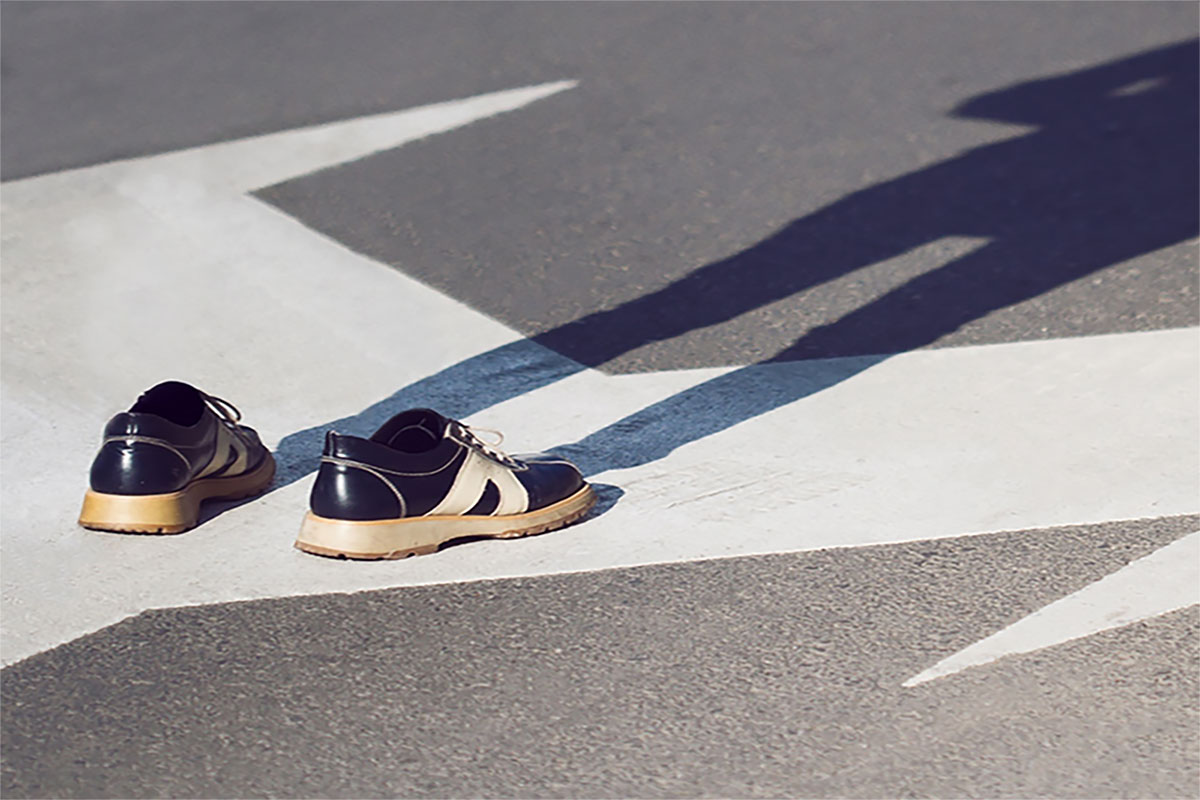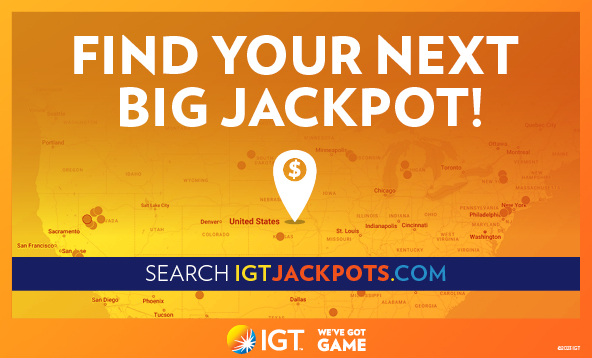
At IGT, identifying, synthesizing, and applying relevant global trends is key not only to the development of our products and solutions, but also in helping lottery partners move their business forward and deliver more proceeds to their good causes. Our partnership with global consumer trends agency Foresight Factory helps supplement our thought leadership offerings with broader and deeper data points that provide a more holistic view of what’s happening around us, and how we can respond as both a company and an industry. During a recent session of NASPL’s Insights Direct webinar series, I presented on “COVID-19’s Impact on Retail Trends: The Great Consumer Shift,” discussing the lasting impact of COVID-19 on consumers, retail, and the lottery industry—and what will change as a result. Throughout this series of three posts, we’ll be unpacking this content, and giving you an inside look at the timeliest trends.
While many of the trends impacting lottery prior to the pandemic remain incredibly relevant, some, such as the move toward a “cashless society” and “convenience culture” have seen rapid acceleration through 2020 as a result of COVID-19. Pre-pandemic, the concept of “presence-free living” was already trending up alongside the growing acknowledgement that in a connected world, one’s physical presence is no longer necessary or desired for many transactions and experiences. Widespread societal encouragement to social distance and find alternatives for in person-experiences has only boosted this trend.
As a result of COVID-19, there has been a 37% increase in adults working from home. And Foresight Factory research indicates that many don’t want to go back to the pre-COVID work arrangements. When asked if they enjoyed working from home, a recent Forbes study revealed that 82% agreed or strongly agreed. 60% said they feel less stressed working from home, and 66% thought that they were more productive working from home. The initial research on working from home done prior to the Pandemic found that productivity increased.
Unsurprisingly, weekly online shopping has doubled in the U.S. and Great Britain—with a dramatic increase for the 65+ age group, what we might call reluctant converts to the digital age. This trend is expected to continue, with just under 50% of the population saying they’ll still shop online weekly. Despite this rising trend, the research shows that many U.S. and U.K. consumers continue to favor the in-store experience to shopping online. Approximately 50% of consumers surveyed in these markets say they will shop in store the same amount as before. However, in the U.S., close to 30% say they will do it more than before.
There has also been a surge of new activities, with 75% of consumers surveyed stating they have tried a new shopping behavior. In addition, big, “trusted” brands have experienced explosive growth during the crisis. A full 36% of those surveyed by Foresight Factory reported trying a new brand, calling into question the concept of brand loyalty, and 73% of these respondents say they intend to continue incorporating new brands in the future.
As more and more consumers take their habits and behaviors online, engagement is increasing across the board, and quality digital experiences—from customer service to content to e-commerce—will be expected. Likewise, as things start to normalize in a post-COVID world, we expect there to be a continued demand for tools and options to help us live increasingly presence-free lives.
But what does this mean for lottery? How can we adapt to address consumers’ shifting brand loyalty and an increased reliance on technology for everyday interactions? Find out more in our next post, “Moving Forward in a New Retail Environment.”



